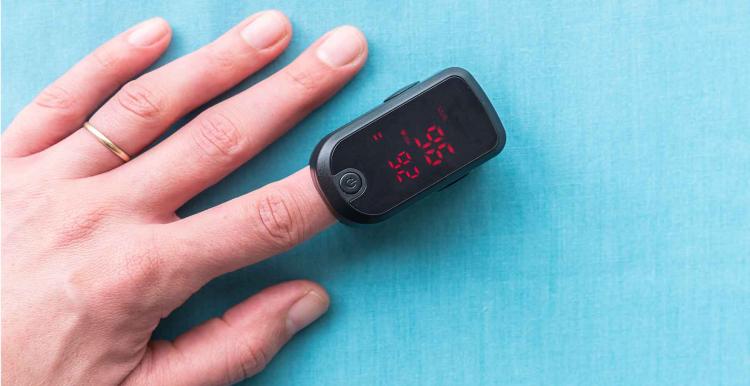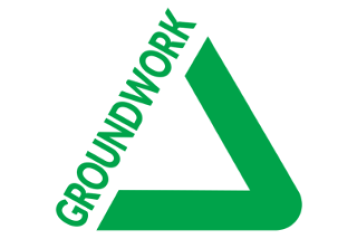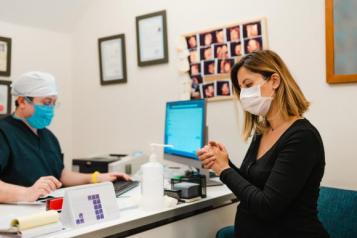Covid Oximetry @home

People who have been diagnosed with coronavirus, are symptomatic, and either extremely vulnerable to coronavirus or aged 65 or older, including people in care homes, will be provided with a pulse oximeter and supporting information so that they can self-monitor their oxygen levels at home for up to 14 days, with assistance from carers and/or family where appropriate.
What is a pulse oximeter?
A pulse oximeter is a small medical device that is put on the tip of the finger, to check someone’s oxygen levels. Pulse oximeters measure blood oxygen levels by transmitting light through a finger – they are more accurate than smart watches or phones which make less accurate reading by reflecting light off the skin. By regularly monitoring oxygen levels, it can be easier to spot if coronavirus symptoms are getting worse and whether people need to be admitted to hospital.
Why is this service being recommended?
Research has shown that patients most at risk of becoming very unwell from coronavirus are best identified by oxygen levels. Because of this, the use of a pulse oximeter to monitor oxygen levels, including at home, is recommended for this group. This means that people are more likely to get the help they need as quickly as possible if their condition worsens.
Is everyone with a positive diagnosis of coronavirus eligible?
This service is being designed to support those who are most likely to benefit, which are those people who are most at risk of becoming very unwell from COVID-19. This includes people with COVID-19 who are symptomatic and have either been identified as clinically extremely vulnerable to COVID-19, or are aged 65 or older, including people in care homes. Clinical judgement can apply and take into account multiple additional COVID risk factors; for the most part, it is anticipated that this will already have led to inclusion on the CEV list. National criteria for inclusion on the CEV list are set and updated by the Government.
For more info on pulse oximeters view this guide for patients isolating at home.
Your local GP should be able to arrange access to this service for you.


